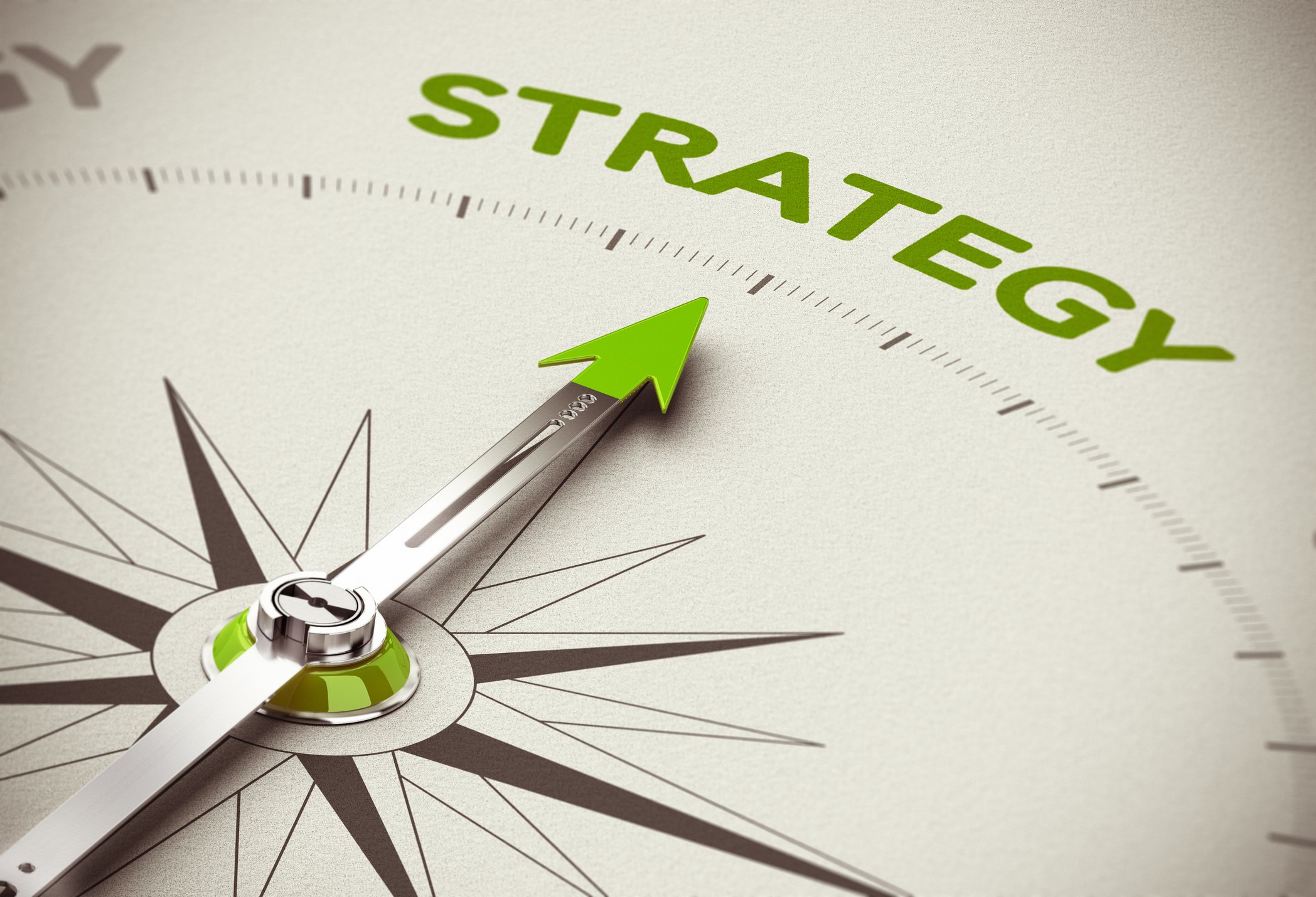In this Rule Breakers podcast, Motley Fool co-founder David Gardner recruited Fool analyst Aaron Bush to help him with Cryptocurrencies 101. Turns out that a fair number of his listeners wanted more. So this week -- with bitcoin trading at more than twice the level it was for the previous episode -- he brought Aaron back for a more advanced encore.
In this segment, they consider the way existing institutions and governments will react to -- and influence -- cryptocurrencies. Already, one nation is looking into creating its own. But whatever those traditional powers do, the course for bitcoin and its ilk is unlikely to be smooth.
A full transcript follows the video.
This video was recorded on Dec. 6, 2017.
David Gardner: Evan's thoughtful, not even quite voluminous, but deep note concluded with this, and I'd like you to speak to this, Aaron. He said, "I hear a futures and options market in bitcoin is going to open in December, so I think the market is just heating up. I'm expecting to hear about wild bitcoin trading profits in the next year or so, but ultimately not sure if bitcoin and cryptos will pop like the stocks in the tech bubble of," presumably he means 2000, "and prove to be worthless, which in essence they are since there's nothing real behind a crypto. Or will some of the best cryptos become permanent features of global commerce and will governments allow them to become permanent features? I'm in favor of it," he concludes, "but they might not be."
Aaron Bush: Right, and I think we've touched on some of this before. It is important, just to be clear, that I suspect we will see countless implosions across the crypto ecosystem. After all, we have to remember that this is like seed-stage investing with a lot of bad actors out there. It's just a completely new way of operating, so there's a lot of learning to be done.
However, the movement is real because the technology backing it up is real, and it might take years before crypto assets are widely adopted by financial institutions or launched by big technology companies. But if the financial incentives are in place, there's little reason why it won't. If it saves time and money, I think it's just a matter of time.
As for governments, I think it's pretty clear they will be anxious. A lot of them will be a little nervous, because decentralized code is like free speech that lives on the internet and can't be taken down easily. That is a threat that oftentimes transcends any particular government. So I do think there will be pushback; however, in many countries there will be acceptance, and there will be surprises. We might talk about one of those surprises later on. I think this movement will have a very hard time being stopped.
Gardner: And if you're talking about the surprise that we might talk about later on -- I might as well just give it up right now. It's not that big a surprise. I wouldn't want to hype it, but I think you and I are talking about a little bit of the humor that we've shared...
Bush: Yes...
Gardner: ... over Nicolas Maduro, the president of Venezuela, his effort to create a cryptocurrency. The man who has basically ruined his own country's economy. A beautiful and resource-rich country whose government has largely, through trying to just co-opt private institutions and capitalism, has basically created mass poverty and it's very sad. But arguably even sadder is his announcement to create the "petro."
Let's talk briefly about the petro. This is an oil-backed cryptocurrency. This is, he thinks, going to help save Venezuela.
Bush: Right. So I do think the intentions are, for the most part, probably OK. They're probably trying to replace what currently is a hyperinflationary currency, the bolivar, with a more deflationary one, or at least a less inflationary one. And by being digital, maybe they can find a way to get around certain sanctions boosting exports and helping the economy.
There are so many big questions about this. How will it be distributed? Will they have miners, or will Maduro own all of them and then distribute them as he sees fit? Is there going to be complete central control? Is it going to be open-sourced at all? Will it even happen at all? I honestly don't know. I'm very skeptical that this is going to help much of anything. At the end of the day, whether or not your currency is digital or not, it probably doesn't compensate for other horrible policies, and if they're not careful, they could end up having two mismanaged currencies instead of one.
Gardner: To your knowledge, Aaron, and to close this one, is Venezuela the first country to announce its own cryptocurrency?
Bush: I think so. I wouldn't have guessed.
Gardner: I'm quite sure neither of us is recommending anybody invest in the petro, but it is interesting to watch how the world turns.
Bush: Absolutely.




